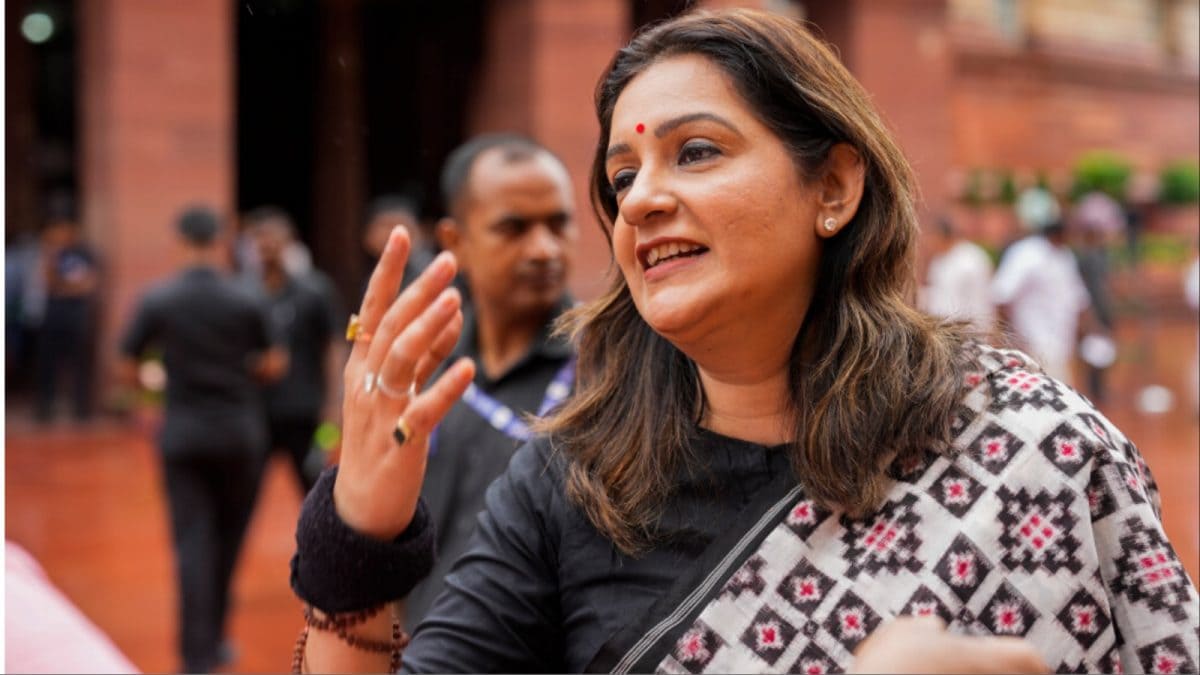Last Updated:
Adolescents often struggle with emotional regulation. Some reach extremes of rage, making it easier for small disputes to spiral into violence

A Class 10 boy allegedly killed his neighbour over a cricket bat, in Telangana last week. (AI-generated Image)
The shocking murder of a child in Hyderabad’s Kukatpally neighbourhood has raised troubling questions about rising youth violence in India. Even more disturbing is the fact that the accused is not a hardened criminal but a Class 10 boy—someone still legally a minor—who allegedly killed over a cricket bat.
Recommended Stories
The incident has stirred public concern about why children are increasingly turning to violent crimes and what deeper social, psychological, and technological factors might be shaping this disturbing trend.
What Drives Youth To Violence?
Experts say the growing number of violent crimes involving minors is linked to a mix of emotional, social, and environmental factors. Among the most common triggers:
Uncontrolled Anger and Impulsivity: Adolescents often struggle with emotional regulation. Some reach extremes of rage, making it easier for small disputes to spiral into violence.
Anti-Social Personality Traits: For some children, early behavioural issues—often rooted in genetics or family history—can make them indifferent to the harm they cause others.
Toxic Family Environments: Homes marked by domestic violence, alcoholism, or constant conflict can normalise aggression for children, shaping their view of the world as hostile and violent.
Influence of Media and Technology: Violent films, crime-based web series, and games that glorify criminal behaviour are increasingly accessible on smartphones. Some even offer “how-to” guides for committing crimes and evading the law, creating dangerous role models for impressionable teens.
Poverty and Financial Stress: Economic hardship can add layers of frustration and hopelessness, making youth more vulnerable to anger and crime.
Harsh Parenting: Children who grow up with physical punishment but little emotional support may become rebellious or aggressive over time.
What Roles Parents And Schools Should Play
Preventing youth violence begins long before a crime is committed. Experts stress the importance of active parental involvement and early moral guidance:
Open Communication: Children need to be told what is right and wrong, with parents explaining the consequences of harmful actions clearly.
Close Monitoring: Knowing what children watch, the friends they keep, and their behavioural patterns can help parents intervene early if warning signs appear.
Teaching Empathy: If children show cruelty towards peers or animals, they must be corrected immediately, taught compassion, and shown healthier ways to express emotions.
Digital Discipline: Limiting exposure to violent content and encouraging constructive hobbies like sports, arts, or reading can steer young minds away from dangerous influences.
Setting Goals: Helping children focus on studies, careers, or extracurricular achievements can give them a sense of purpose and reduce the risk of destructive behaviour.
What Should Be Our Broader Social Responsibility?
The Kukatpally case is not an isolated incident—it is part of a growing pattern demanding a collective response. Families, schools, and communities all share responsibility for shaping the values of young people.
Early counselling, moral education, and creating safe, nurturing environments can go a long way in curbing a child’s violent tendencies before they spiral into tragedies.
Youth crime is ultimately a social problem, one that cannot be solved by policing alone. It requires emotional support at home, ethical education in schools, and greater awareness about the subtle ways technology and media influence young minds.
If addressed collectively, experts believe, the cycle of youth violence can be broken—and incidents like the Kukatpally murder could become far less common in the future.
About the Author
The News Desk is a team of passionate editors and writers who break and analyse the most important events unfolding in India and abroad. From live updates to exclusive reports to in-depth explainers, the Desk d…Read More
The News Desk is a team of passionate editors and writers who break and analyse the most important events unfolding in India and abroad. From live updates to exclusive reports to in-depth explainers, the Desk d… Read More
Loading comments…
Scan the QR code to download the News18 app and enjoy a seamless news experience anytime, anywhere




)